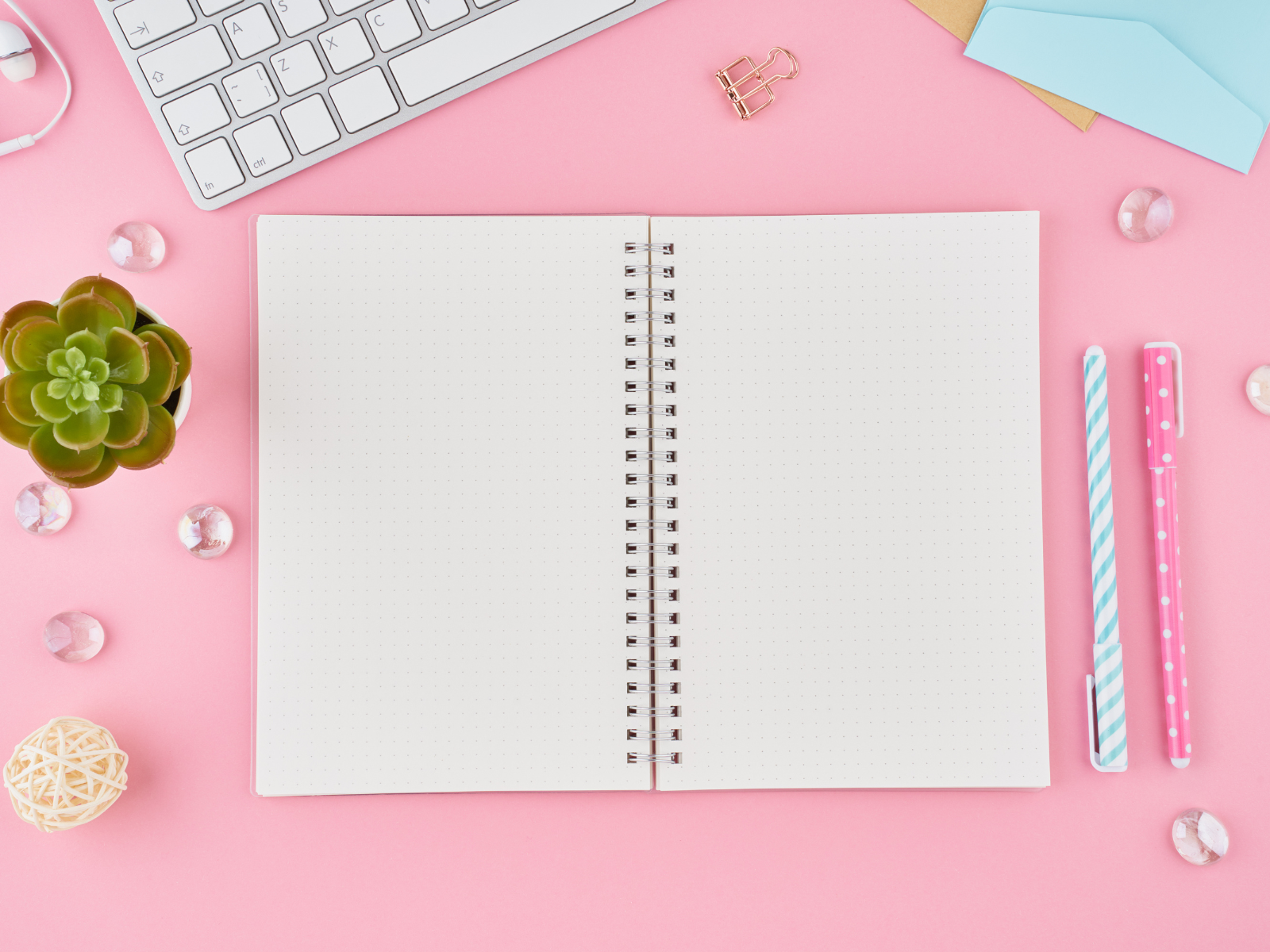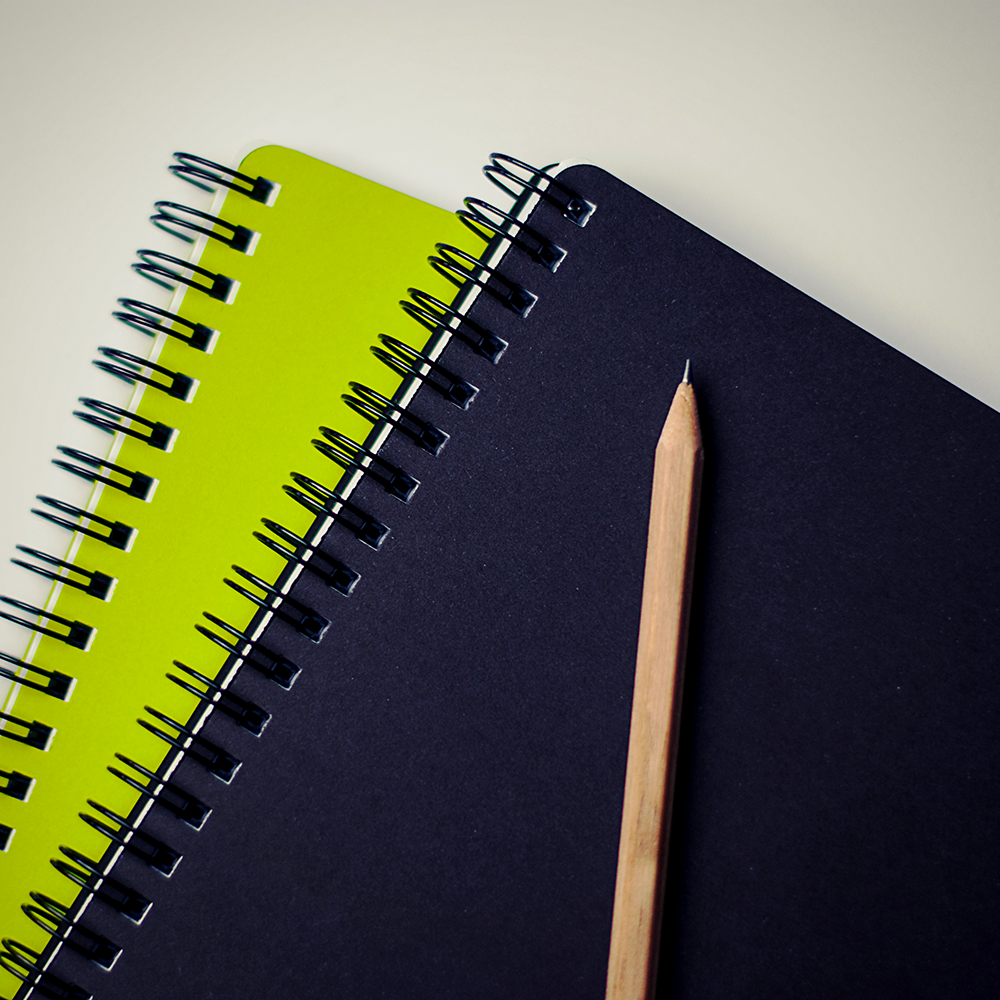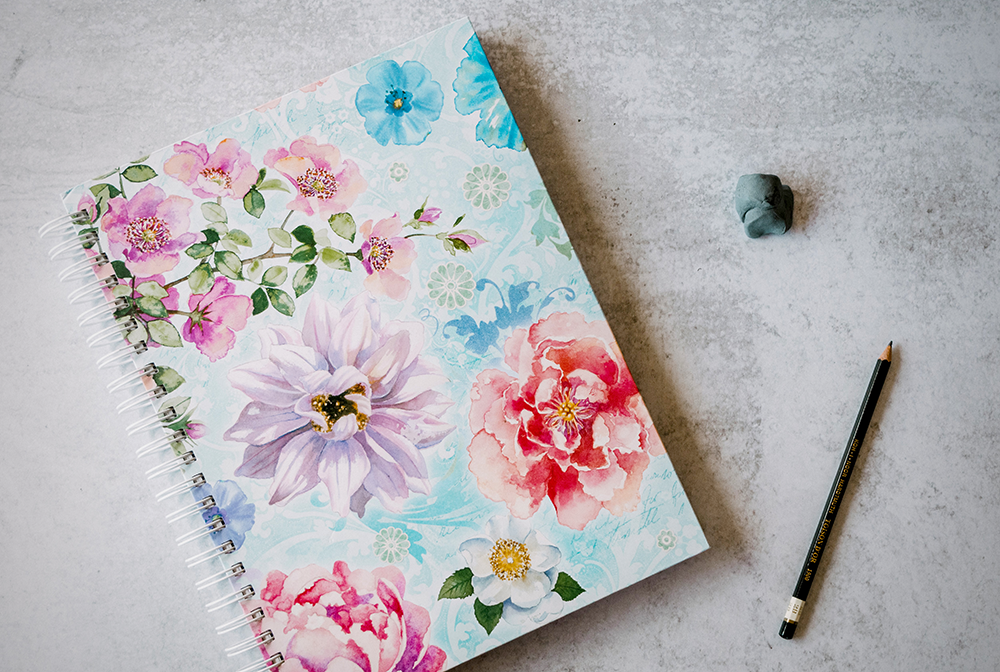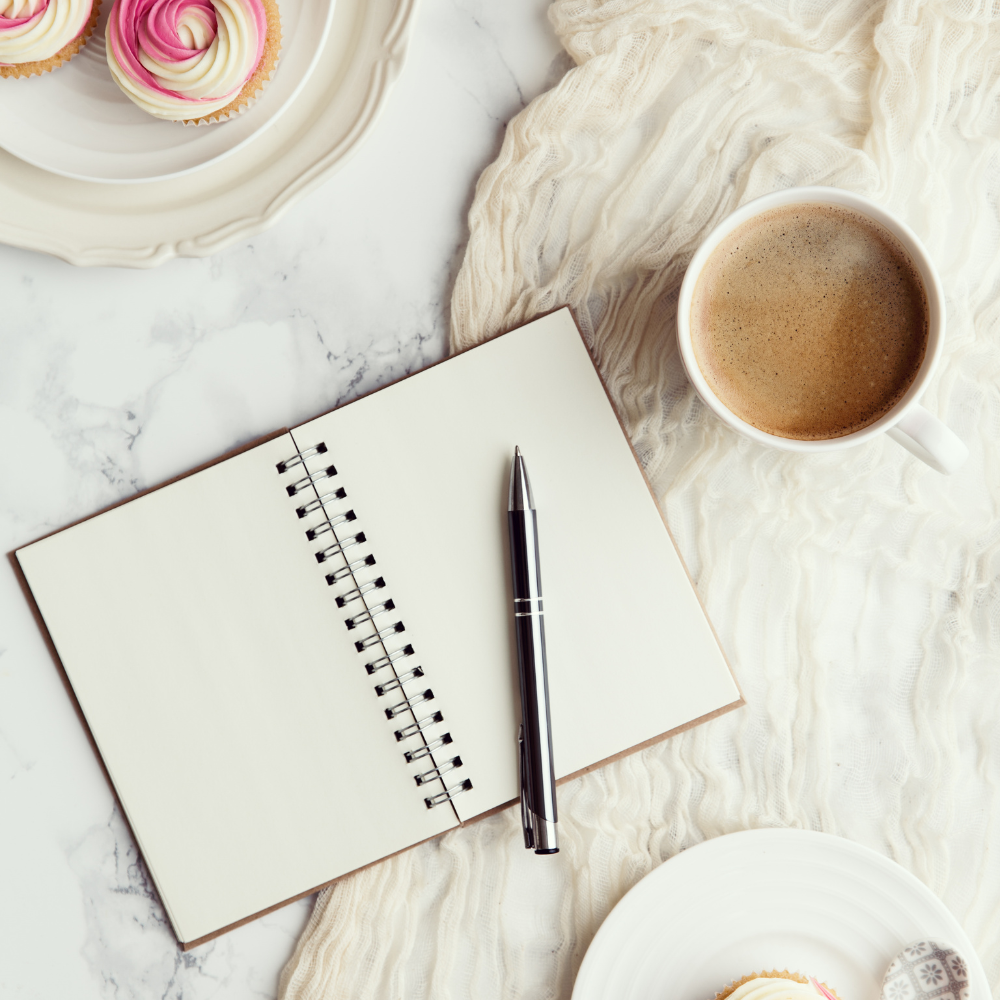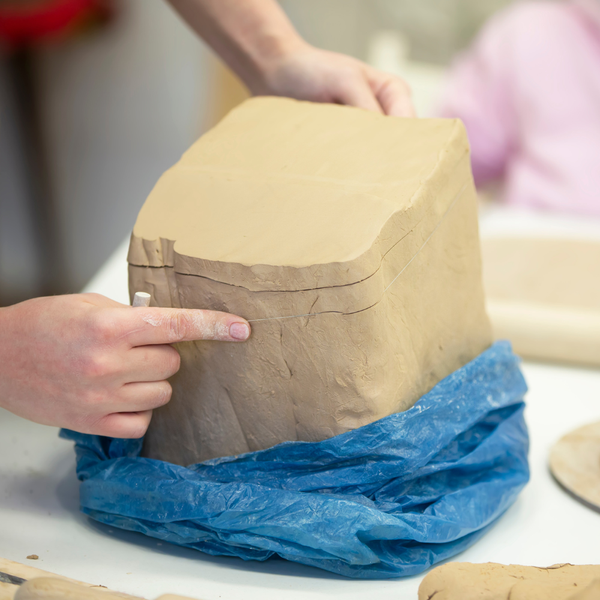Have you ever sat and pondered upon your thoughts without the worry of judging yourself or being judged by others?
Have you ever wanted to be creative, explore new ideas and challenge yourself with unique avenues?
If so, journaling might just be what you need to uncover a whole new world of self-reflection!
Journaling is an incredible way for all artists - from professionals to beginners - to gain a better understanding not only of their own imagination but also how they interact with the world around them.
It’s truly a powerful tool that can help take your creativity into an entirely different trajectory if used properly.
In this blog post, we’ll discuss what journaling is and how it can benefit any creator or anyone– regardless of experience level – as well as some tips on how best to get started on your very own reflective journey!
Journaling can serve as a magical conduit between capturing emotions onto paper, examining what is going on beneath those feelings, and using it all as fuel for creative exploration.
Whether you're already trying out journaling or are completely new to the practice - come join us in uncovering the power of written reflection!
Let's start our exploration together!
Key Takeaways:
- Journaling is a versatile practice that can enhance mental health, foster creativity, and contribute to personal growth.
- Various styles of journaling, including creative, gratitude, and bullet journaling, cater to different needs and preferences.
- Regular journaling can lead to numerous benefits, such as reduced stress, better management of negative emotions, and improved physical health.

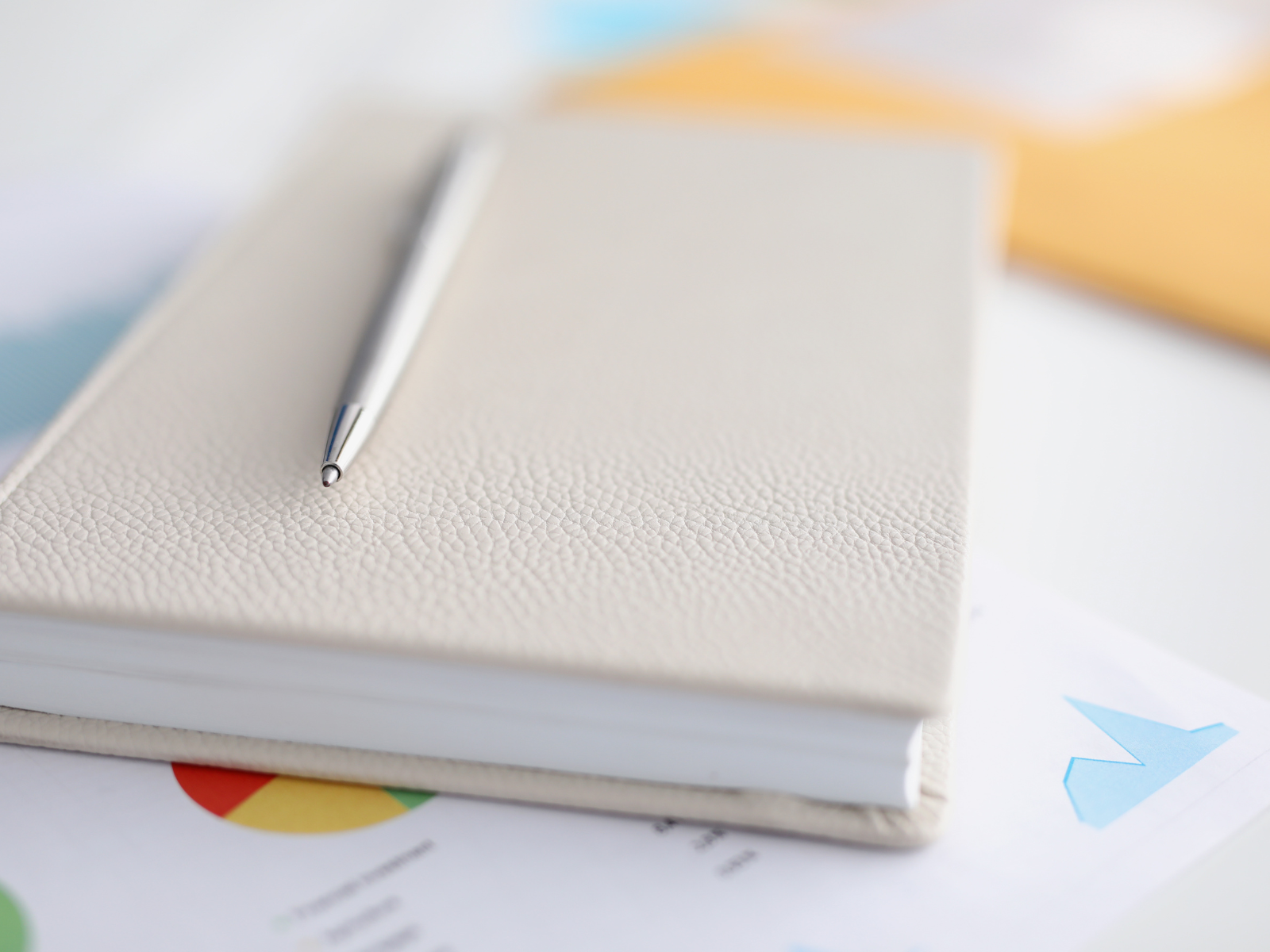

The Essence of Journaling
In today's busy world, taking time to reflect on your life, thoughts, and emotions can feel daunting.
Yet, studies show that journaling is a powerful tool for self-reflection, goal-setting, and creative expression.
That's where journals come in!
Journaling doesn't have to be a traditional thought-dump; there are no rules when it comes to what you can create in your journals.
These formats allow you to engage your creativity and experiment with various mediums, making journaling a fun and productive experience.
Journaling, a practice as old as written history, is the act of recording thoughts, feelings, and experiences in a structured or free-form manner.
It serves as a powerful tool for self-expression, creativity, and self-discovery.
At its core, what is journaling?
It's a personal endeavor where an individual engages in written reflection to process emotions, track progress, and articulate thoughts and feelings.
Whether it's through a physical book or an online platform, journaling offers a private place for self-expression.
It's a space to explore your inner world and deepen your understanding of yourself.
Historical Perspective of Journaling
Journaling has been a part of human culture for centuries.
From the diary entries of prominent historical figures to the journals of general medical patients in psychiatric treatment, the act of journaling has provided deeper insight into personal and collective experiences.
Not only does journaling help us understand ourselves, but it also allows us to connect with our past and future selves.
In ancient times, people wrote on cave walls, using symbols and pictures.
This form of expression evolved into written language as humans developed writing systems.
Throughout history, journals have taken many forms – including personal diaries, travelogues, dream journals, and more.
Today, journaling has taken on new forms with the rise of technology, including digital journals and online platforms.

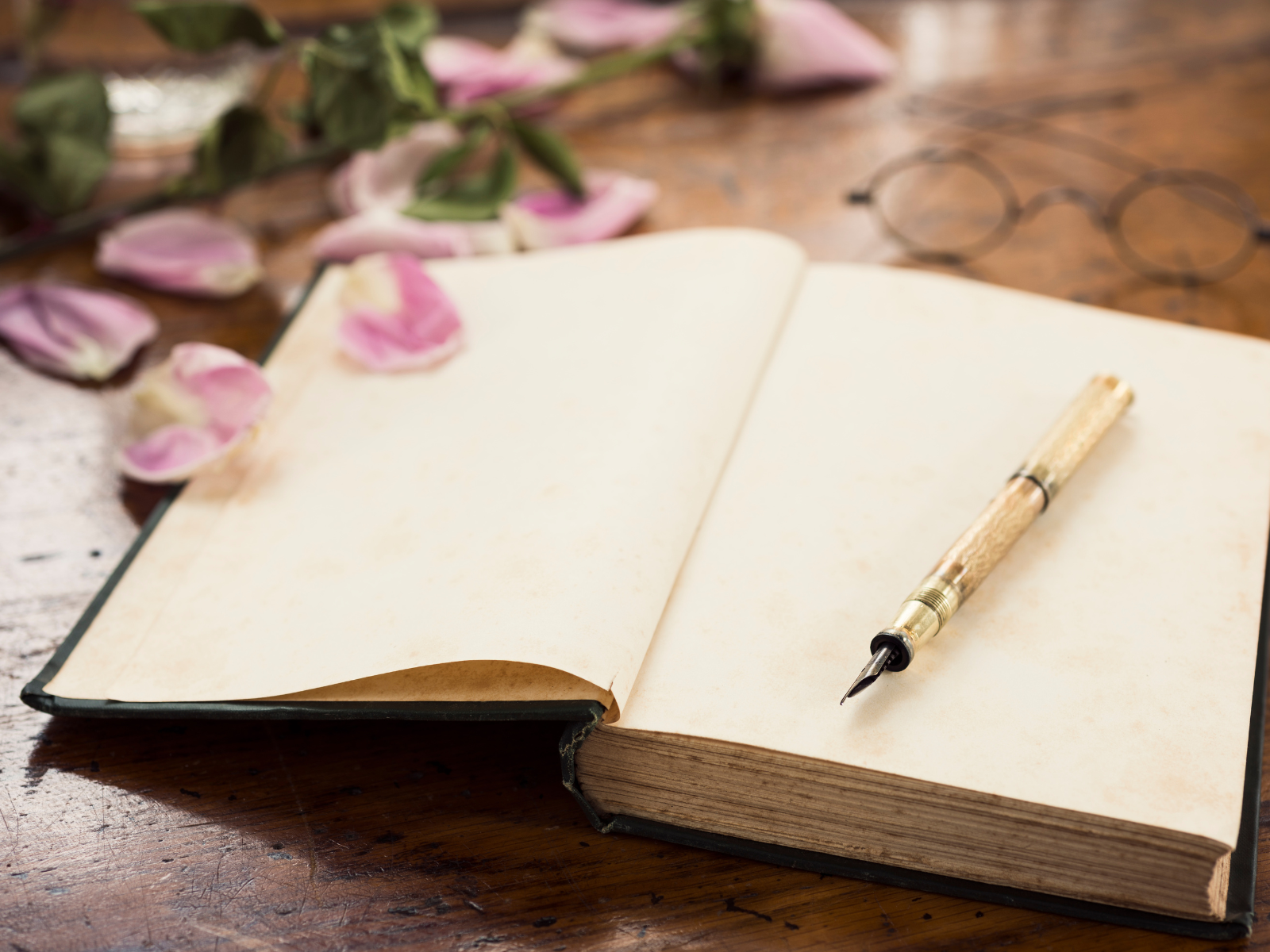
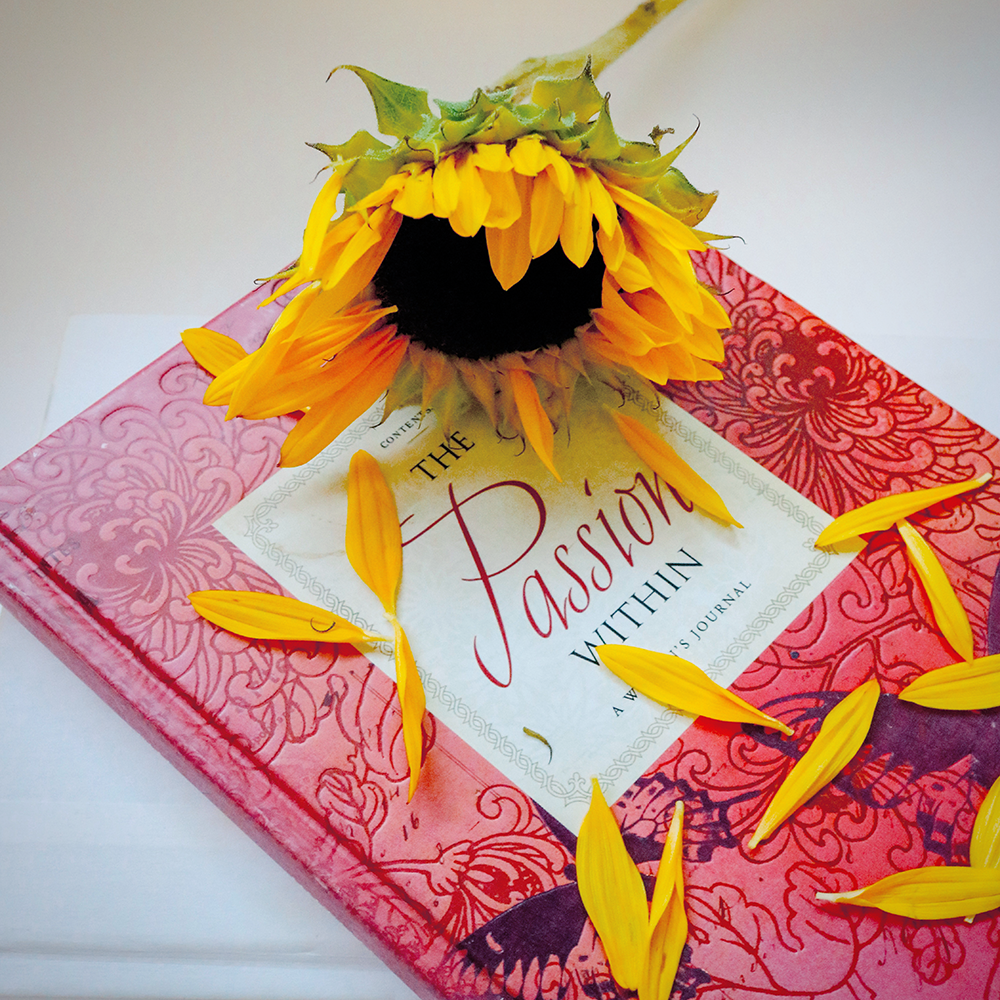
Journaling Techniques and Styles
There are numerous journaling techniques and styles to explore.
From bullet journals to food journals, each method offers a unique way to engage with one's thoughts and feelings.
Some popular journaling techniques include:
Creative Journaling for Personal Growth
Creative journaling is a fun way to express yourself through art, doodling, and writing.
It's all about letting your imagination run wild and exploring new ideas without any judgment.
Creative journaling goes beyond simply writing down events of daily life.
It taps into the creative side, using journaling prompts and free writing to unlock creativity and foster personal growth.
You can use various mediums such as watercolors, markers, washi tape, and more to create beautiful pages that reflect your inner thoughts and emotions.
Gratitude Journaling: A Path to Positivity
A gratitude journal is a powerful tool for cultivating a positive mindset.
It involves writing down things you are grateful for, whether big or small, to shift your focus towards the good in life.
Gratitude journaling focuses on the positive aspects of life, helping to reduce stress, improve relationships, and build resilience.
By regularly noting down positive experiences, individuals can cultivate an online positive affect that contributes to overall happiness and satisfaction.
Bullet Journaling: Organizing Your Thoughts
Bullet journaling is a popular journaling style that combines to-do lists, planners, and diaries.
It's a structured way to keep track of specific events, goals, and tasks, helping to gain clarity and organize thoughts.
With bullet journaling, individuals can create customized spreads to suit their needs and preferences.
Reflective Journaling for Self Discovery
Reflective journaling involves looking back at events and experiences to gain a better understanding of oneself.
It's a process that can lead to self-discovery and a more fulfilling life.
By reflecting on past events, individuals can identify patterns of behavior and learn from their experiences.
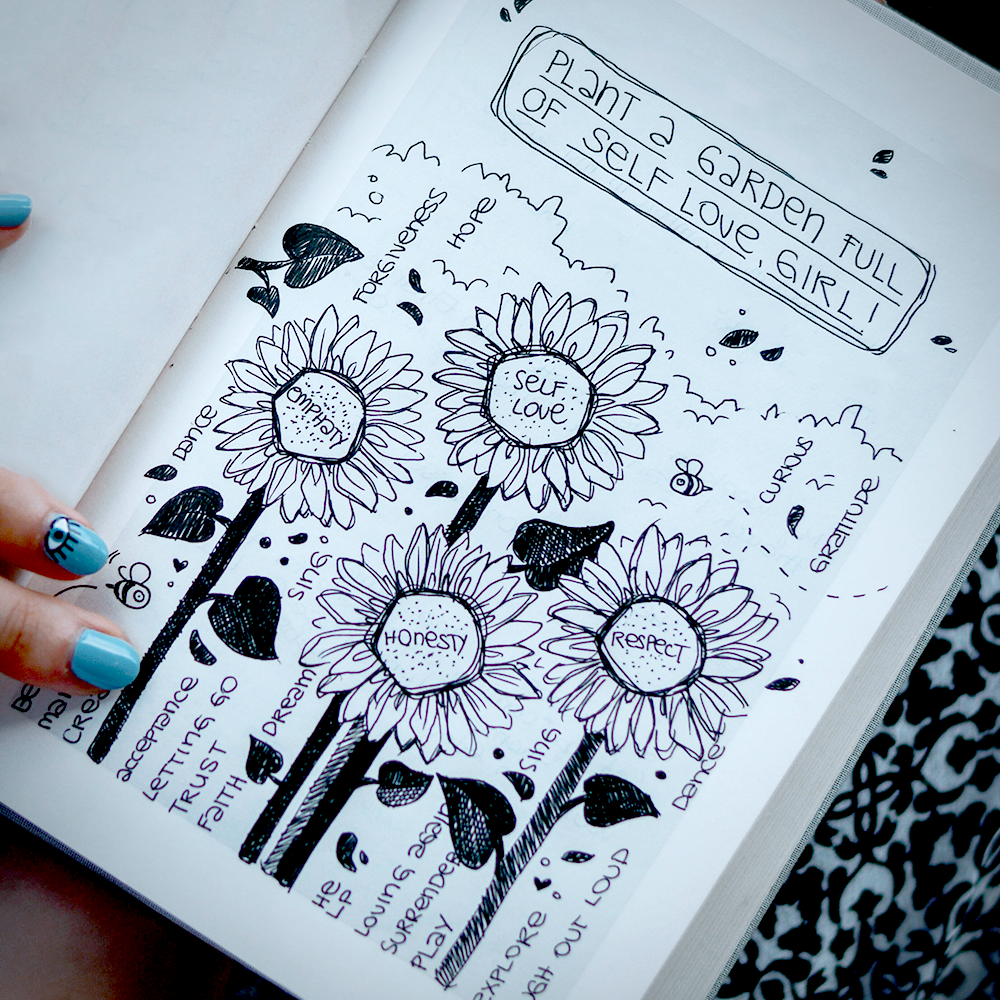
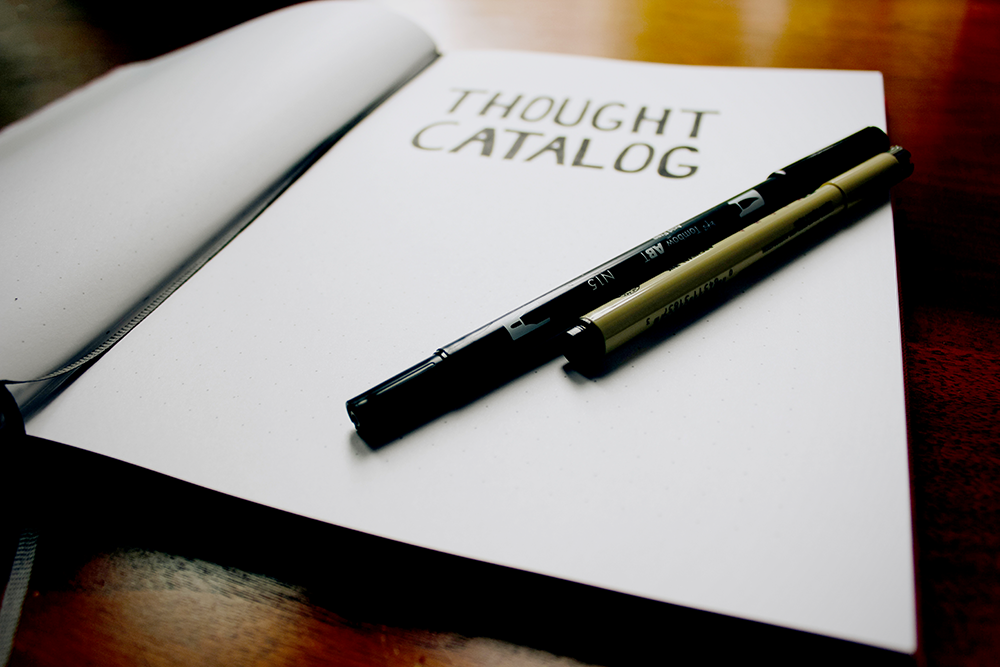

Journaling and Mental Health
A mental health journal is a therapeutic tool that can help individuals manage stress, reduce symptoms of anxiety, and cope with difficult emotions.
Studies, including preliminary randomized controlled trials, have shown that journaling for mental health can lead to decreased mental distress and elevated well-being.
Journaling allows individuals to process emotions and reduce the intensity of negative thoughts.
It provides a safe space for exploring difficult emotions, helping individuals understand their triggers and reactions.
The Role of Journaling in Managing Stress
Journaling helps reduce stress by providing an outlet for expressing negative emotions and traumatic events.
Writing things down can be a form of release, helping to alleviate stress and anxiety.
Additionally, journaling can help individuals identify stressors and develop healthy coping mechanisms.
Journaling for Coping with Anxiety
For those experiencing anxiety, journaling can be a helpful coping mechanism.
By putting down elevated anxiety symptoms and worries in words, individuals can work through their feelings and identify patterns that may contribute to their anxiety.
Journaling can be a useful tool in managing and reducing symptoms of anxiety.
The Impact of Journaling on PTSD Symptoms
Journaling can be particularly beneficial for individuals with PTSD symptoms.
Writing about traumatic events and difficult emotions can help process and manage these experiences.
Journaling can also help individuals with PTSD develop a sense of control over their thoughts and emotions.
The Physical Health Benefits of Journaling
Journaling isn't just beneficial for the mind; it has physical health benefits too.
Expressive writing, a form of journaling, has been linked to improved immune function and faster recovery from medical conditions.
Research has shown that journaling can positively impact physical well-being by reducing blood pressure, improving immune system function, and even aiding in wound healing.
By using journaling to manage stress and negative emotions, individuals can also reduce the risk of developing stress-related health conditions.


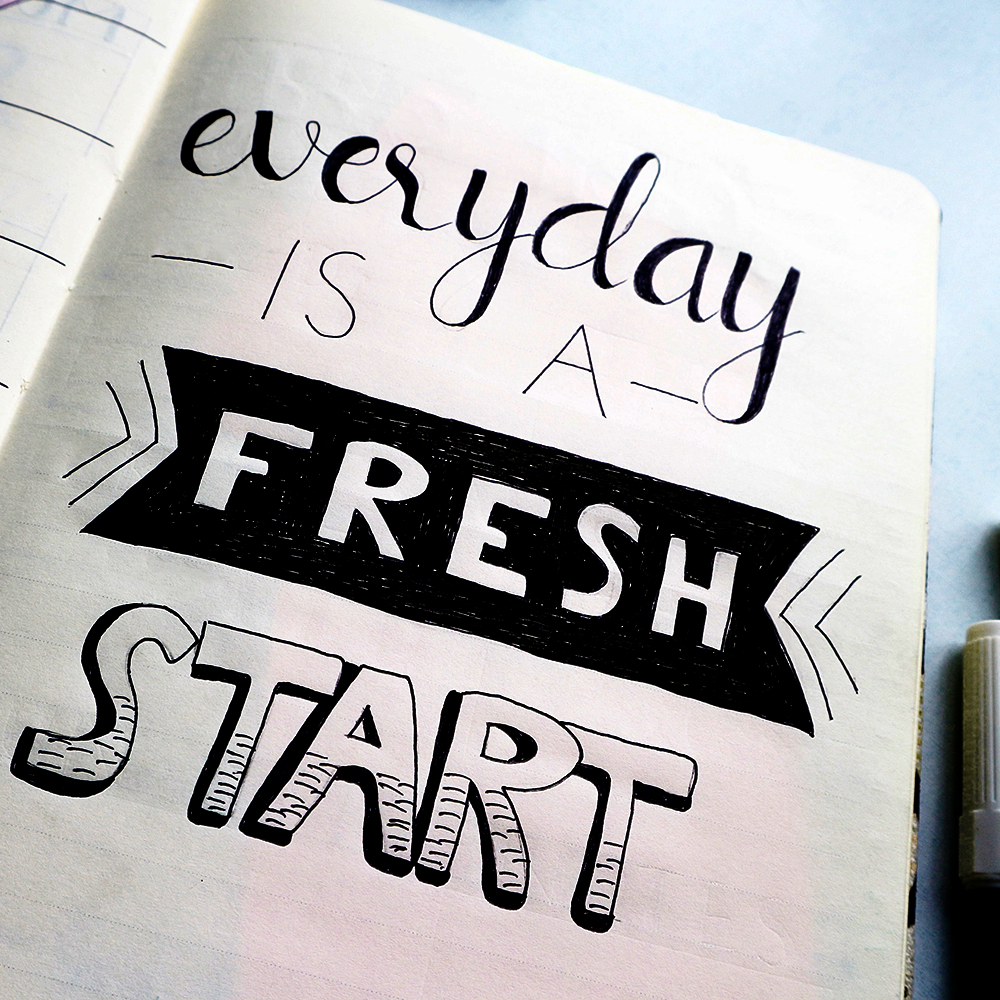
The Benefits of Journaling
Journaling is a versatile practice that can benefit individuals in various aspects of their lives.
Whether you are looking to enhance your mental health or foster creativity, journaling has numerous benefits for mental health, personal growth, and creativity.
Regularly engaging in written reflection can lead to:
- Reduced stress and anxiety levels
- Improved mood and emotional regulation
- Better understanding of oneself and others
- Enhanced creativity and self-expression
- Improved physical health
Journaling in the Present Moment
Journaling encourages living in the present moment.
By focusing on the here and now, journaling can help individuals process emotions and appreciate the current state of their lives.
It can also serve as a reminder to be mindful and grateful for the present.
Journaling as a Form of Self Expression
At its heart, journaling is a form of self-expression.
It allows individuals to express personal thoughts and feelings in a safe and private environment.
Journaling can be an outlet for creativity and self-discovery, helping individuals understand themselves better.
Journaling for Tracking Personal Growth
Journaling is an excellent way to track progress and personal growth.
By reviewing past journal entries, individuals can see how they've evolved and what they've achieved over time.
This process can be motivating and provide a sense of accomplishment.
How Journaling Can Lead to a More Fulfilling Life
Ultimately, journaling can be a pathway to a more fulfilling life.
It helps individuals gain self-awareness, reduce stress, and articulate their journey towards personal growth.
Journaling encourages individuals to take time for self-reflection, which can lead to increased happiness and well-being.
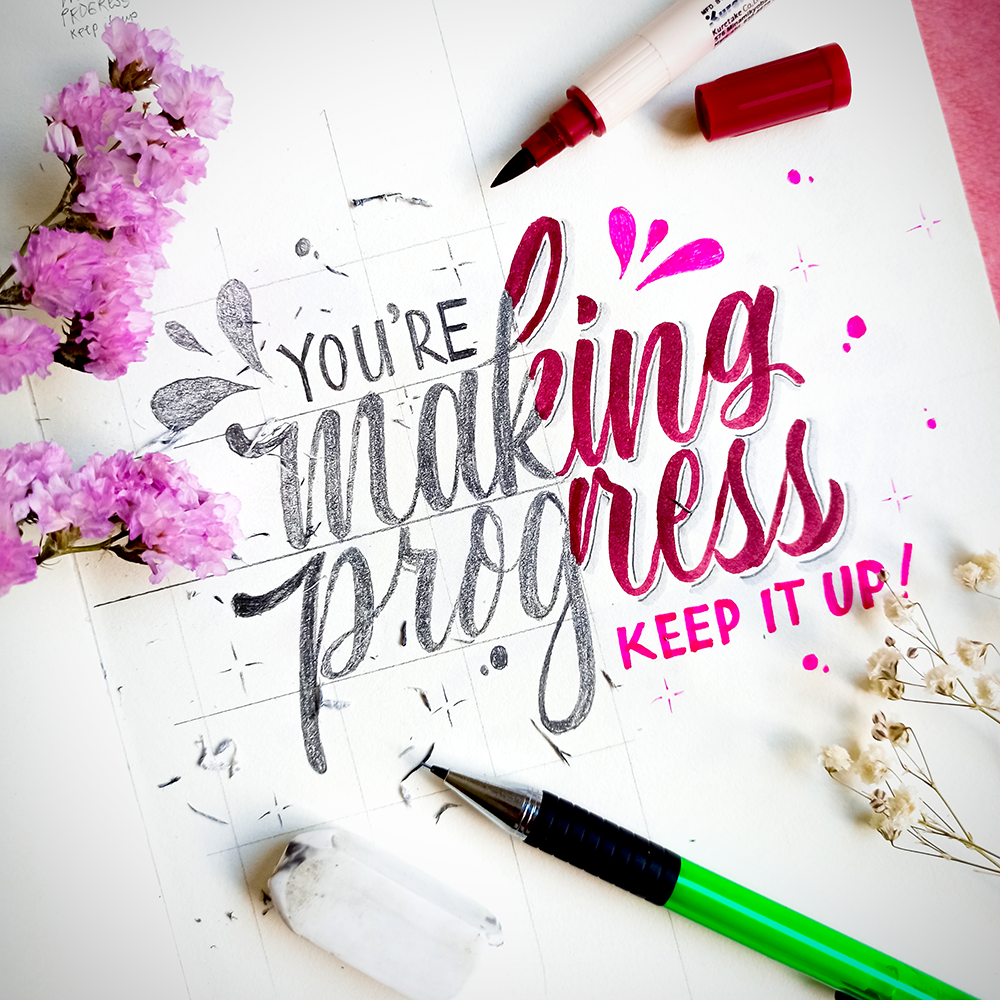
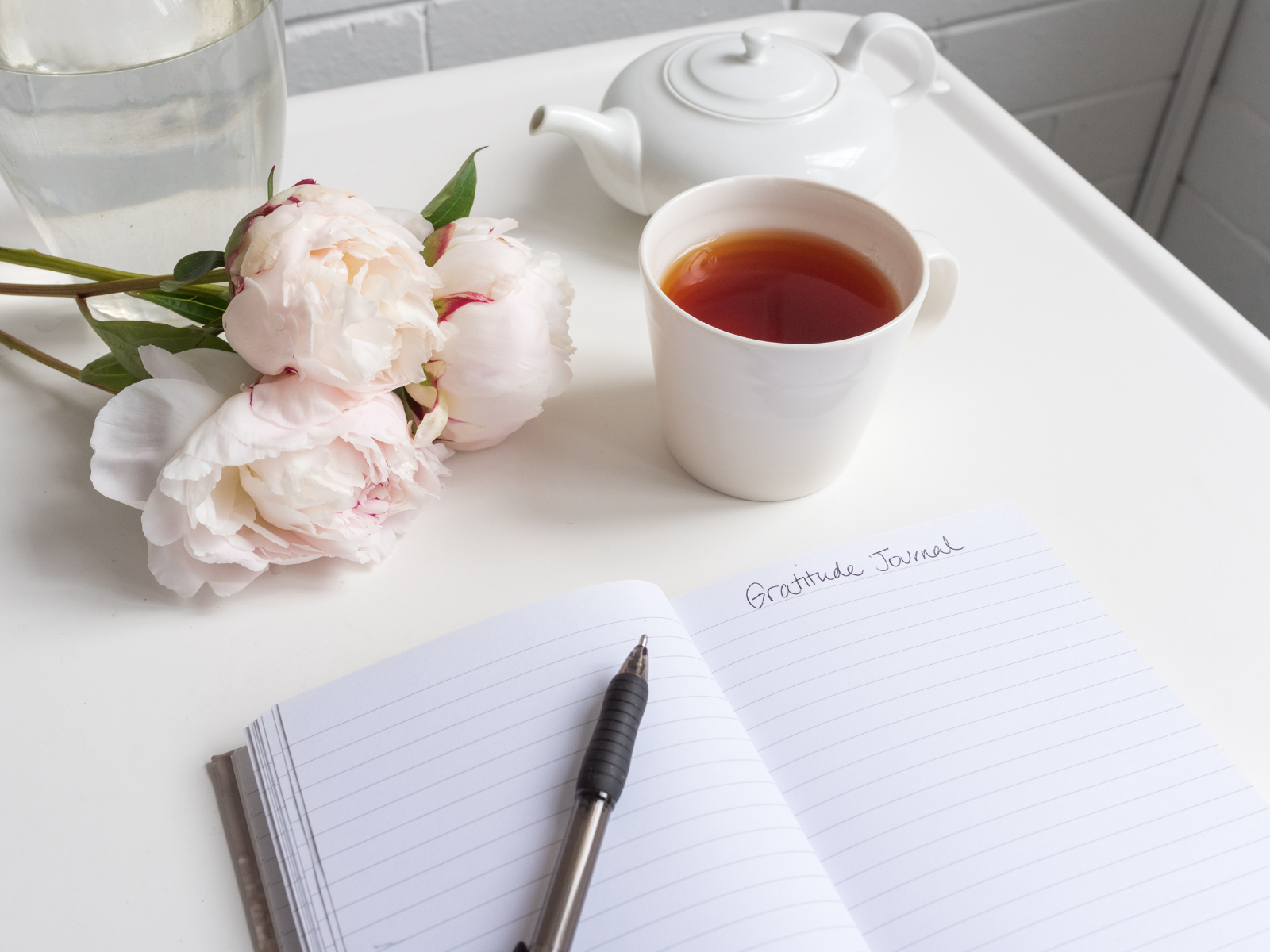

Journaling and Creativity
Journaling can also serve as a powerful tool for creative expression.
By regularly engaging in written reflection, artists can access deeper levels of self-awareness that fuel their creativity.
Journaling can help artists explore new ideas, challenge themselves, and overcome creative blocks.
Journaling can also be an excellent tool for creative inspiration.
By capturing thoughts, images, and feelings onto paper, artists can use their journal as a visual reference or source of inspiration for future projects.
Journaling is a way to document the present moment and store it for future use.
Accessing the Subconscious Mind
When we journal, we tap into our subconscious mind - a realm of unfiltered thoughts and emotions.
This state allows for greater self-awareness and creativity as it removes barriers to fully express ourselves.
By accessing our subconscious through journaling, we can discover new ideas and perspectives that may not have been visible before.
Journaling as a Tool for Enhancing Self-Awareness
Self-awareness is a cornerstone of personal development, and journaling serves as a powerful tool to enhance this trait.
By putting pen to paper, individuals engage in a reflective practice that illuminates their inner thoughts, emotions, and behaviors.
This process of journal writing fosters a deeper understanding of oneself, which can lead to more mindful decision-making and improved emotional intelligence.
As journal keepers regularly record their experiences, they often uncover patterns in their reactions and thoughts that may have previously eluded them, offering valuable insights into their personal growth journey.
Moreover, the act of journaling can be a therapeutic exercise for those who have experienced a traumatic event.
The structured format of a journal entry allows for the containment and exploration of complex emotions in a safe and private space.
This can be particularly beneficial in a preliminary randomized controlled trial setting, where the effects of journaling on trauma recovery are being scientifically evaluated.
Participants who keep a journal often report a greater sense of control over their narratives and a clearer path to healing, demonstrating the profound impact that writing can have on self-awareness and recovery.

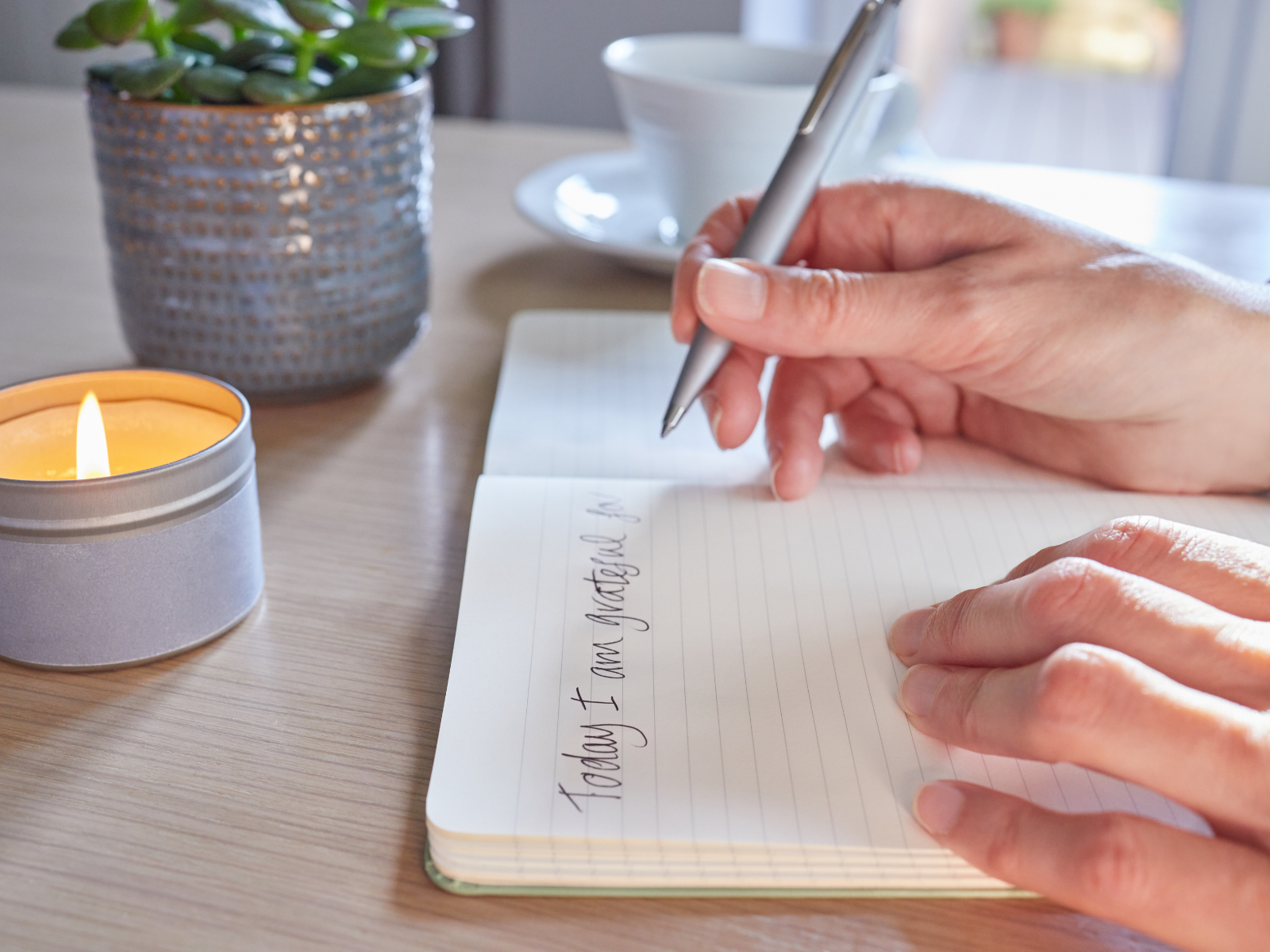

Journaling as a Catalyst for Overcoming Writer's Block
Writer's block is a common challenge faced by many individuals who engage in creative writing.
The blank page can sometimes seem daunting, but keeping a journal can be an effective strategy to overcome this obstacle.
By regularly jotting down thoughts, ideas, and experiences, a journal serves as a repository of inspiration.
The act of writing without the pressure of perfection can loosen the grip of writer's block, allowing words to flow more freely.
This practice not only aids in generating content for other writing projects but also enhances cognitive flexibility, making it easier to transition between different writing tasks.
Moreover, the habit of maintaining a gratitude journal specifically can redirect the writer's focus from frustration to appreciation.
By documenting moments of gratitude, writers can cultivate a positive mindset that can be surprisingly conducive to creativity.
The shift in perspective often leads to a breakthrough in thinking, providing fresh angles for written expression.
The simple act of acknowledging what is going well can rekindle the joy of writing, thus enabling the writer to navigate through the block with renewed vigor and a clearer mind.
The Therapeutic Benefits of Diary Entries for Family Members
Journaling can also serve as a bridge to strengthen relationships with family members.
A diary entry that captures the day-to-day interactions, thoughts, and feelings about loved ones can be a powerful tool for self-awareness and empathy.
It allows individuals to reflect on their roles within the family dynamic and to understand the perspectives of other family members better.
This reflective practice can lead to more meaningful conversations and a deeper connection with those closest to them.
It also provides a historical record of family life, preserving memories and moments that might otherwise be forgotten over time.
In times of conflict or when anxiety is found within the family setting, journaling can offer a private space to process emotions and devise constructive solutions.
Writing about challenges and expressing emotions related to family issues can help to diffuse tension and provide clarity.
It can also serve as a rehearsal space for difficult conversations, where one can articulate thoughts and feelings without the immediate pressure of a face-to-face interaction.
By regularly engaging in this form of written reflection, individuals can enhance their well-being and foster a more harmonious family environment.
Journaling and the Art of Mindfulness
Mindfulness has become a cornerstone of mental well-being, and journaling is a practice that can significantly enhance this mindful approach to life.
When individuals put words to write with intention and focus, they engage in a moment of presence, which is the essence of mindfulness.
Journaling encourages a state of reflection where the noise of the external world is muted, allowing for a deeper connection with one's inner thoughts and feelings.
This process not only fosters self-awareness but also contributes to a sense of peace and clarity, which are vital components of well-being.
Moreover, the act of journaling can serve as a meditative practice.
As one writes, the mind is directed to the present task, anchoring attention away from the chaotic stream of consciousness that often leads to anxiety.
Found within the pages of a journal, there is a space for contemplation that is free from judgment and distraction.
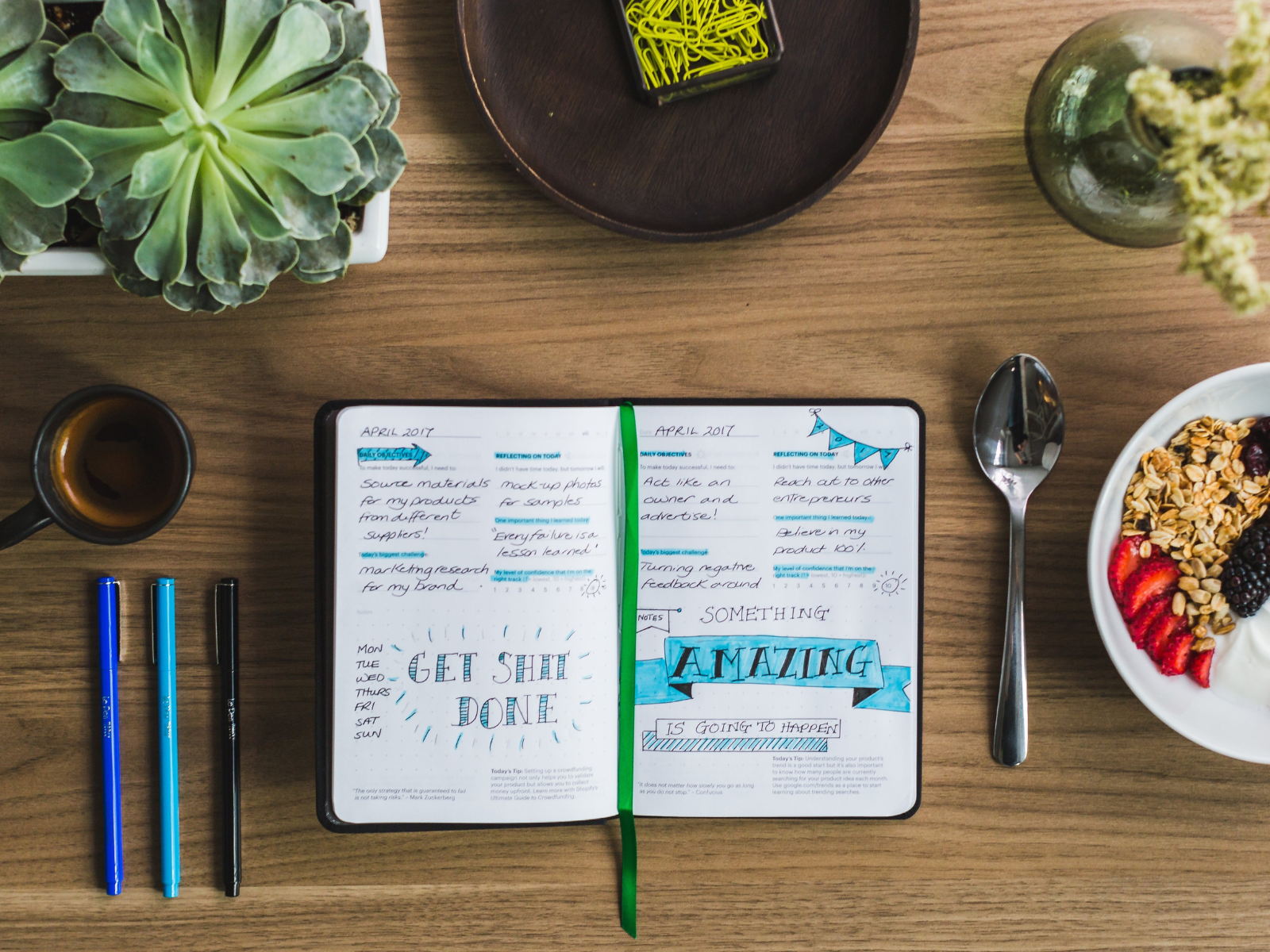
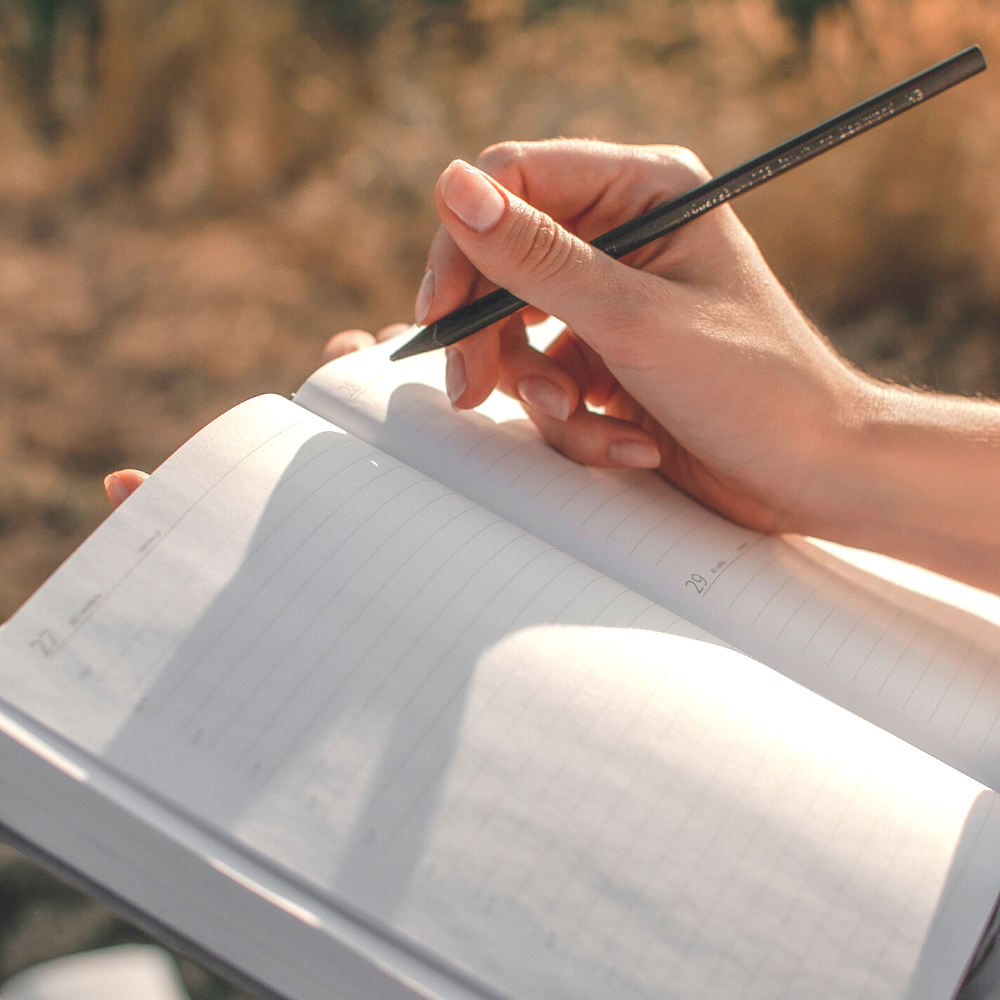
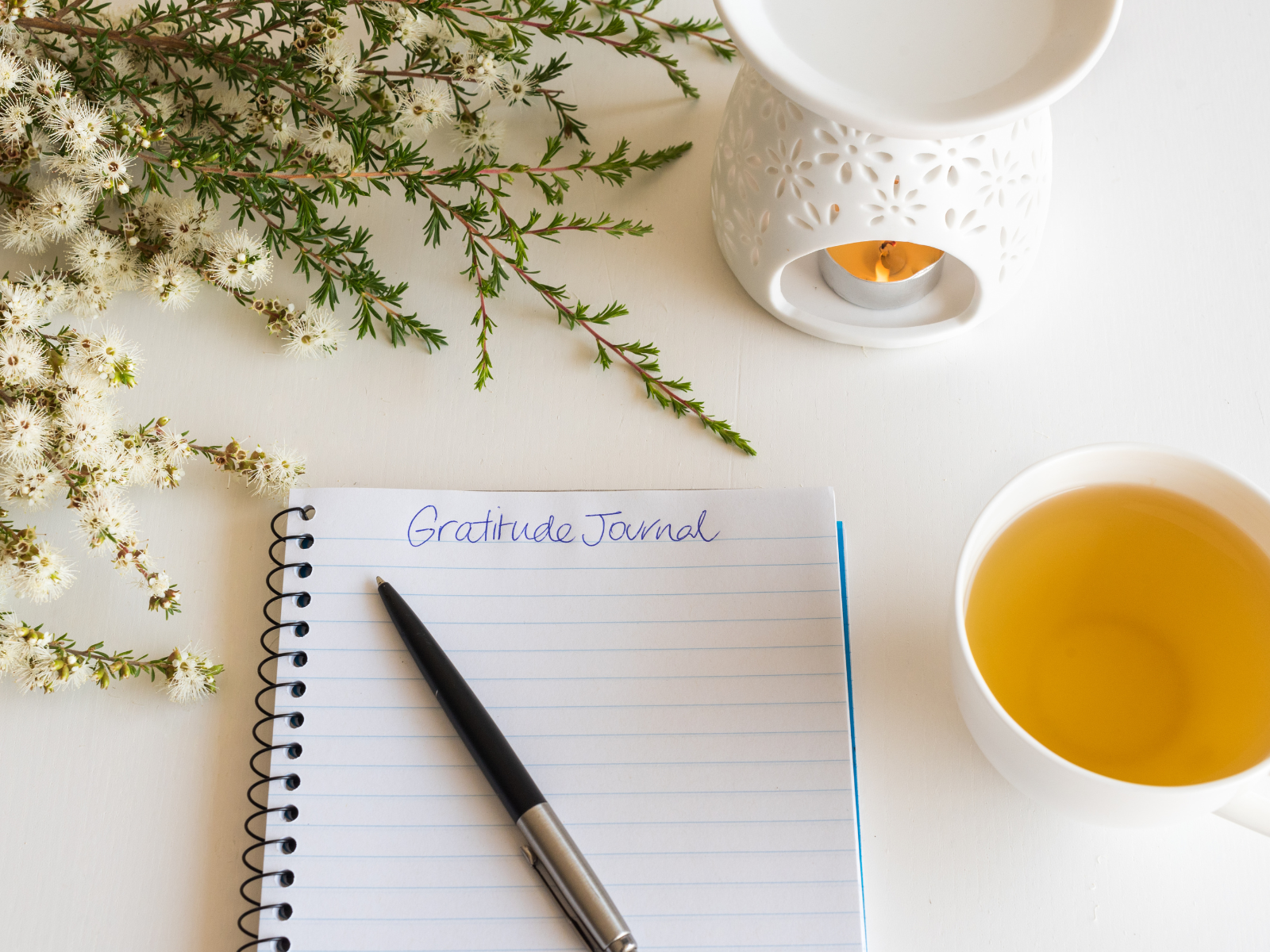
Incorporating Journaling into Daily Routines
Incorporating journaling into one's daily routine can significantly contribute to overall well-being.
A daily journal becomes a repository for thoughts and feelings, serving as a mirror reflecting the day's events.
It can be as simple as maintaining a food journal to monitor eating habits and identify triggers that may lead to the desire to gain weight or as complex as an art journal that captures creative expressions and inspirations.
The key is consistency; the more regularly individuals engage in journal writing, the more they stand to benefit from the clarity and self-knowledge it provides.
For those who struggle with writer's block or the daunting prospect of a blank page, structured approaches like the bullet journal can be particularly effective.
This method combines to-do lists, diary entries, and long-term goal planning, making it a versatile tool for managing daily life and tracking progress.
Online positive affect journaling platforms also offer guided prompts and community support, helping users to start writing and maintain the habit.
By integrating journaling into their daily lives, individuals can cultivate a practice that supports their mental and physical well-being, as well as their personal and professional growth.
Journaling Prompts to Spark Creativity
Journaling prompts are questions or statements designed to inspire creativity and reflection.
They can help overcome writer's block and encourage a more profound engagement with journaling.
Here are a few journaling prompts that can help spark creativity and promote self-discovery:
- What does my ideal day look like?
- Describe a moment in my life that I am most proud of.
- Write about the last time I felt truly happy.
- If I could travel anywhere, where would I go and why?
- What are three things that bring me joy every day?
- Write a letter to my future self.
- What is one thing I can do today to improve my mental or physical well-being?
- Describe the most influential person in my life and why they have had such an impact on me.
- What are some things I am grateful for in my life right now?
- Reflect on a challenge I overcame and what I learned from the experience.
- What are some qualities I admire and aspire to have?
These prompts can be used as a starting point for journaling or as a way to break through writer's block.
They can also serve as a reminder to look inward and engage in self-reflection, leading to personal growth and enhanced creativity.
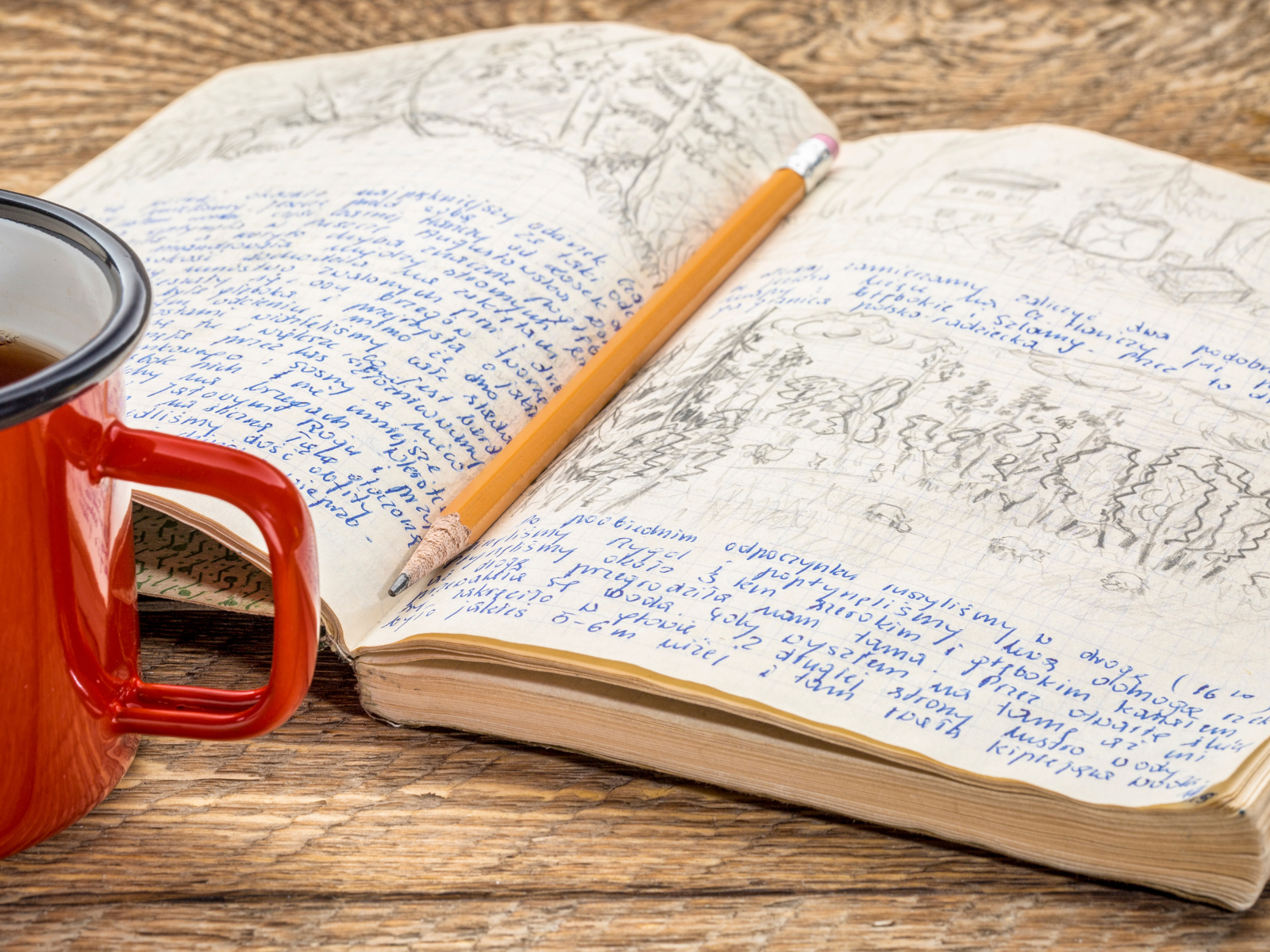

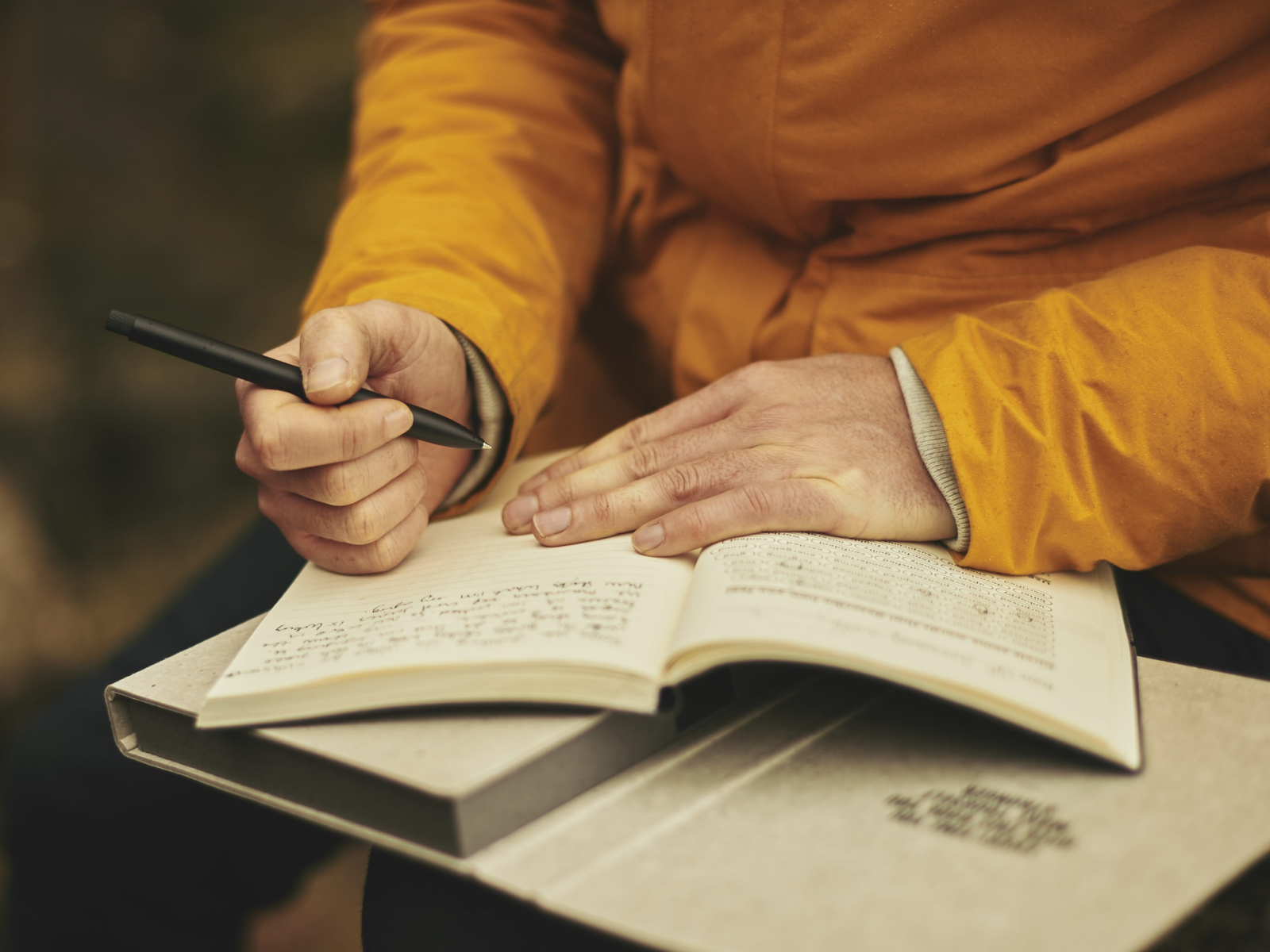
The Benefits of Keeping a Physical Book
While digital journaling is convenient, there's something special about keeping a physical book.
The tactile experience of writing can enhance the journaling session and make it more personal.
A physical journal can also serve as a keepsake, capturing memories and milestones in a tangible format.
It can be passed down through generations, providing insight into the lives of ancestors.
Moreover, physically writing has been shown to have benefits for memory retention and processing information.
The act of handwriting engages different parts of the brain and can aid in cognitive development.
Starting Your Journaling Practice
To start journaling, all you need is a willingness to put pen to paper.
Begin with simple journal entries and gradually develop a journaling practice that resonates with your needs.
Do not feel pressure to write every day or maintain a specific format.
The key is consistency and finding a practice that works best for you.
Embrace the process, and allow your journal to be a space for self-expression, exploration, and growth.
Tips for Getting Started with Journaling
If you're interested in journaling but don't know where to begin, here are some tips to get you started on your written reflection journey:
- Choose a format that works best for you - whether it's a physical book or an online platform, find a medium that feels most comfortable.
- Set aside time each day or week to journal - consistency is key to developing a habit.
- Start small - don't feel pressure to write lengthy entries. Begin with shorter reflections and build from there.
- Experiment with different prompts and writing styles to see what resonates with you best.
- Be honest and open in your writing - your journal is a safe and judgment-free space.
- Allow yourself to be creative - don't limit yourself to just writing. Incorporate art, images, or other forms of expression into your journaling practice.
- Don't compare your journal to others - everyone's journey and style of journaling is unique.
By incorporating these tips into your journaling practice, you can develop a meaningful and beneficial habit that supports your personal growth and well-being.
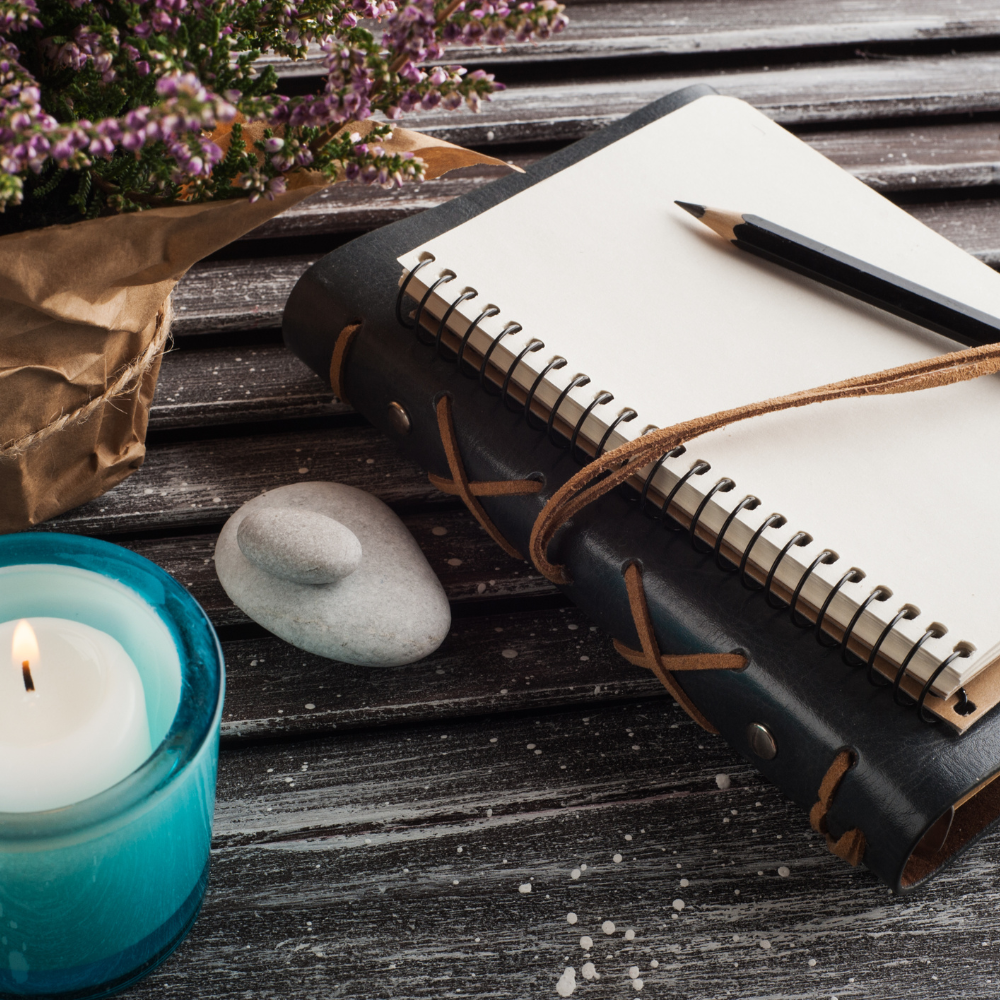
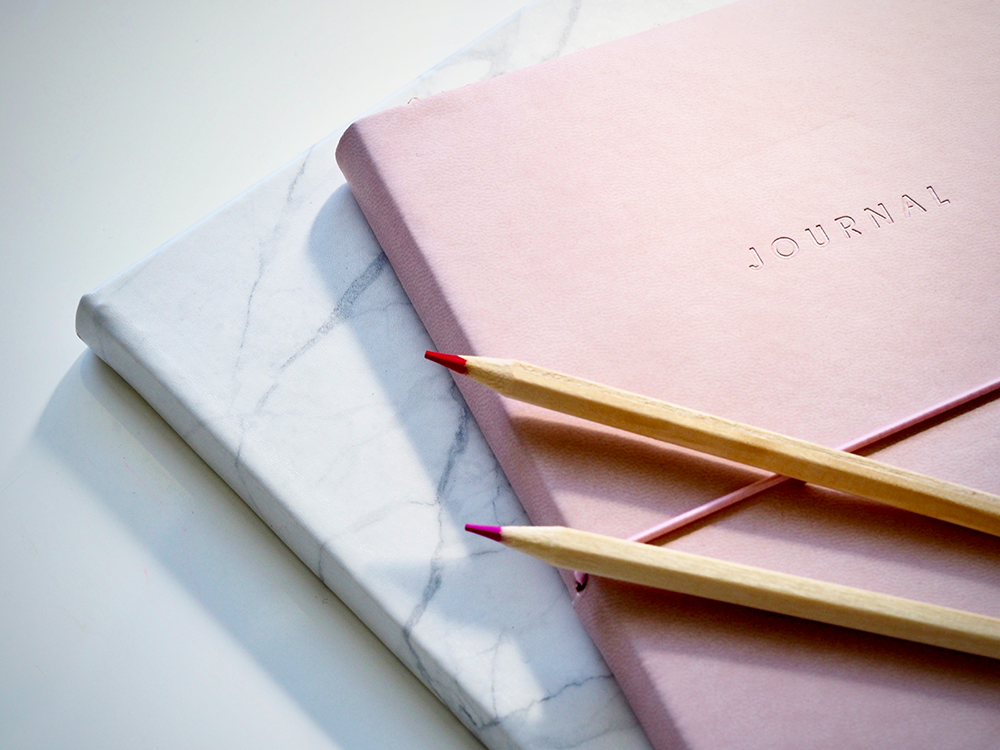

The Power of Journaling
Journaling is a powerful tool for self-reflection, creativity, and personal growth; this multifaceted practice that encompasses various styles and techniques, each offering unique benefits.
From enhancing mental health and creativity to contributing to growth and managing stress, journaling is a powerful tool for self-discovery and well-being.
By starting a journaling practice, individuals can embark on a journey of reflection, creativity, and self-expression that can lead to a more fulfilling life.
With various techniques and styles available, there's no limit to the ways in which individuals can incorporate journaling into their lives.
By embracing this practice, individuals can reap its many benefits and discover a deeper connection with themselves.
Whether you choose an art journal, sketchbook, creative journal, or use a combination of these formats, the important thing is to make it your own and enjoy the process.
Get creative, experiment with different mediums, and have fun exploring your artistic potential!
Remember, there are no rules when it comes to journaling - the only limit is your own imagination.
So, go forth, create, and let your journals be a reflection of the amazing person you are!
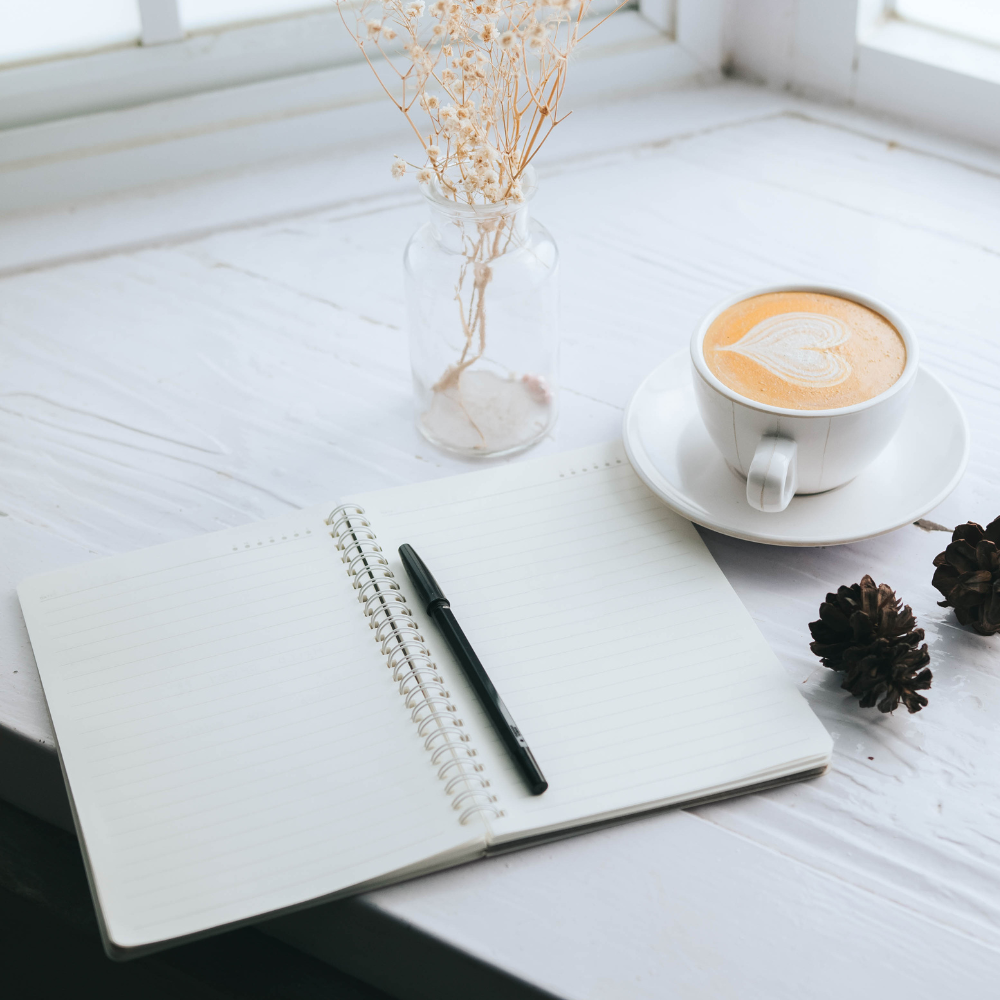
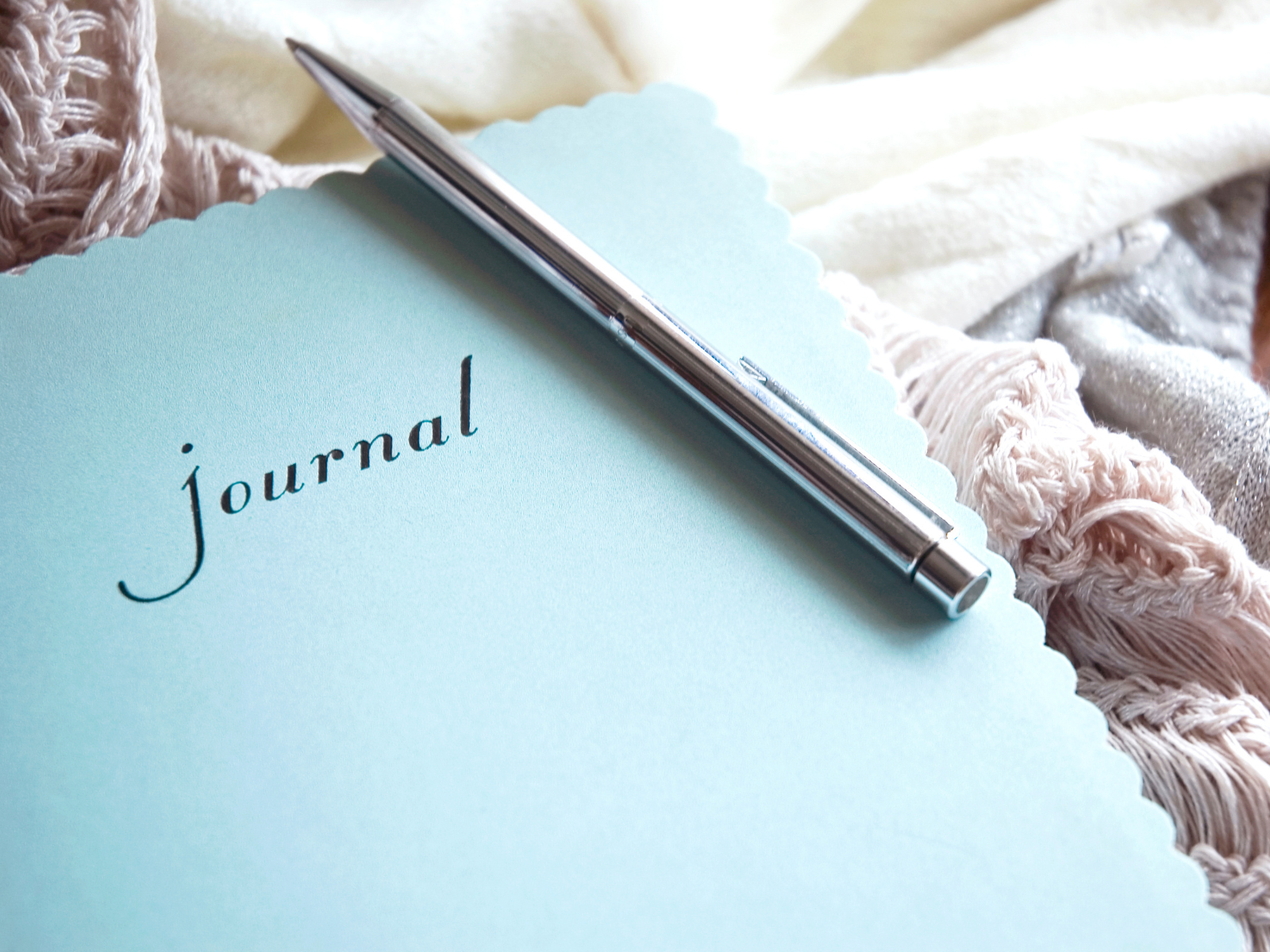

Ready to kick-start your journey with journaling? Check out Katherine Leski's video!
Want even more content about creativity and art?
Be sure to check out all of our creative chronicles!
Eager to learn more about journals and sketchbooks?
Check out some of our other articles:
